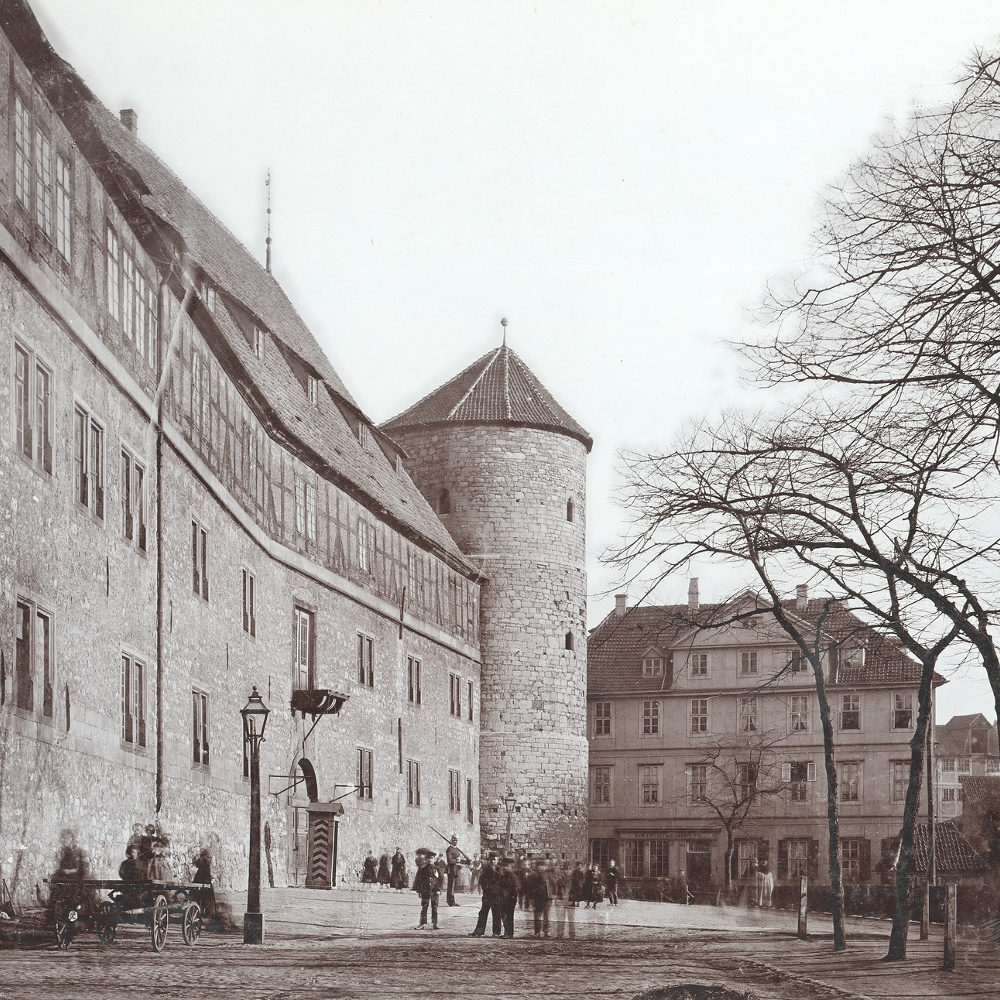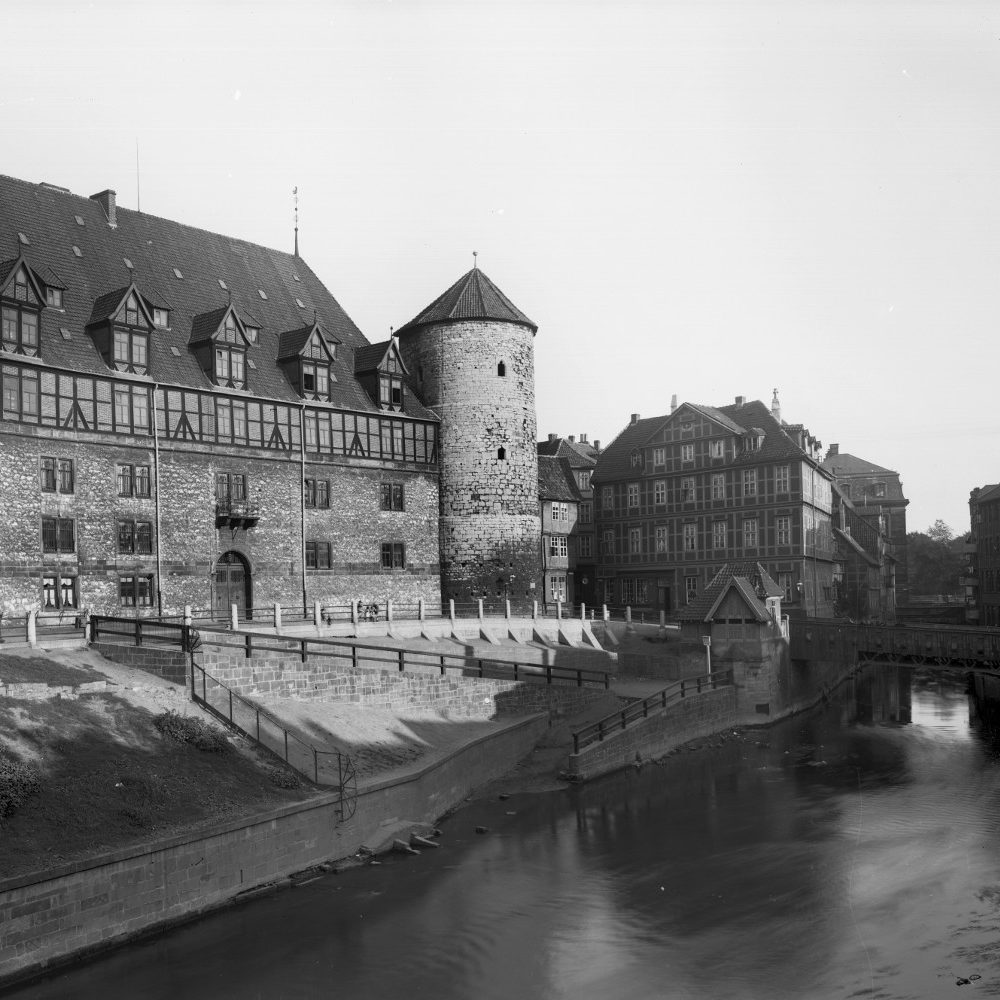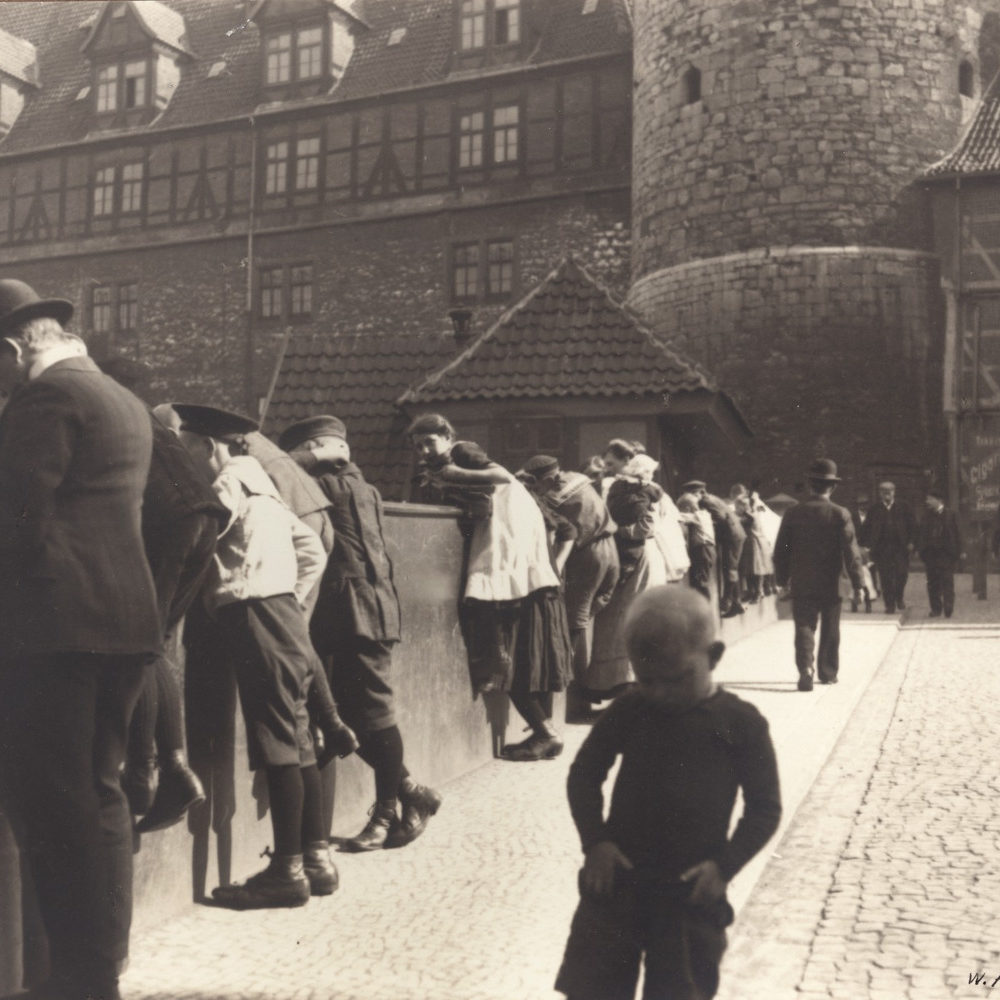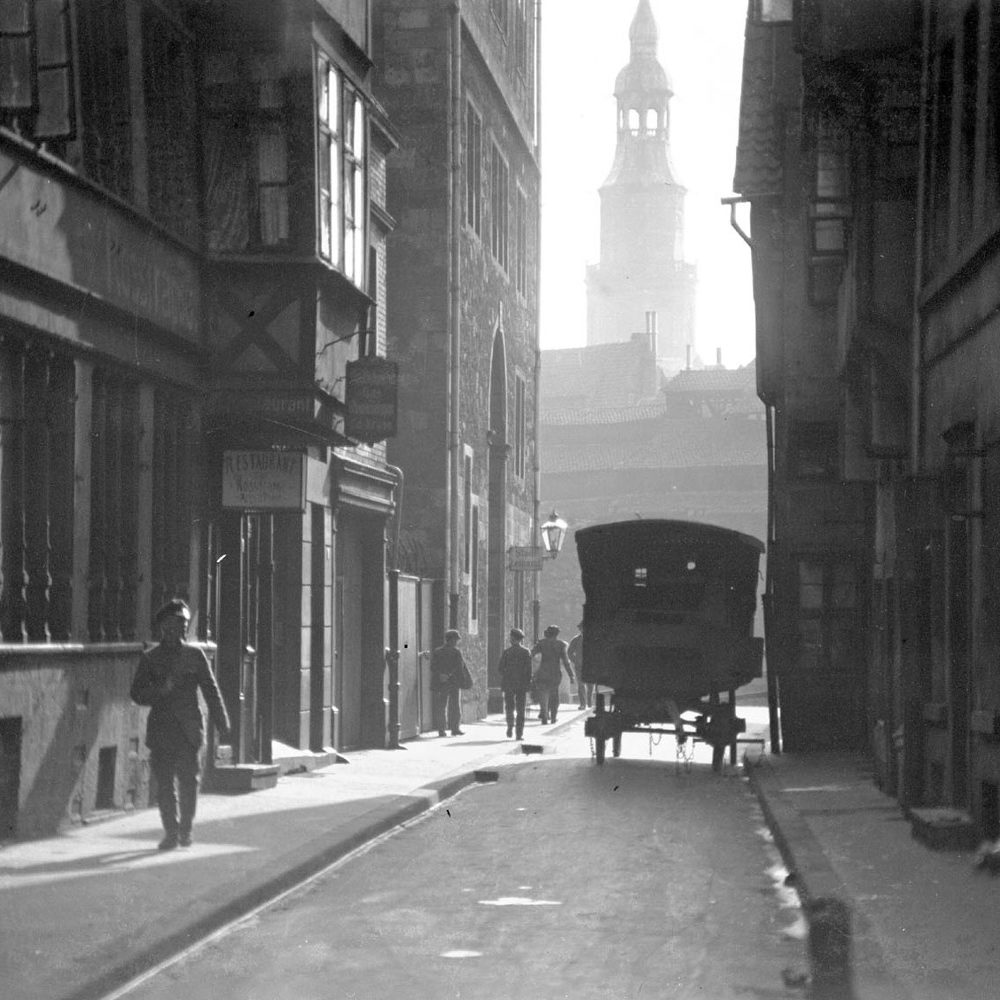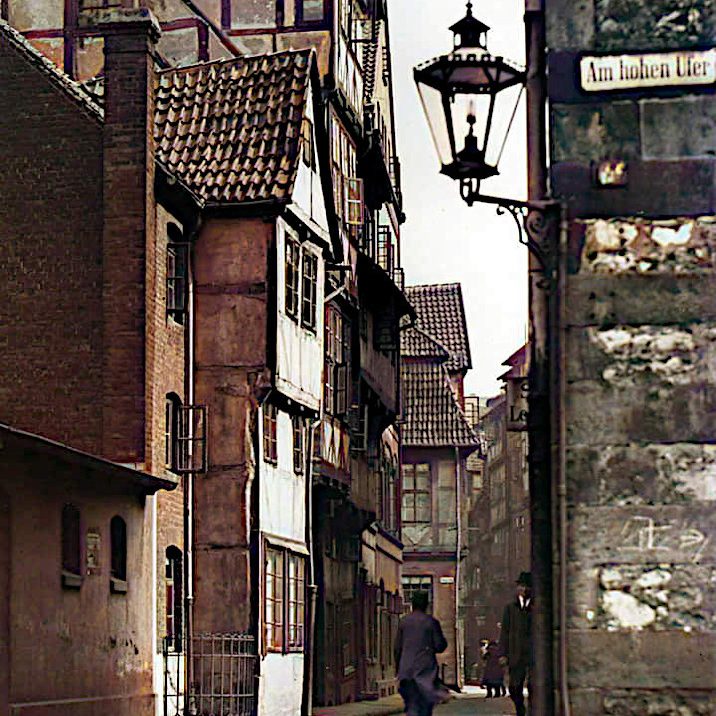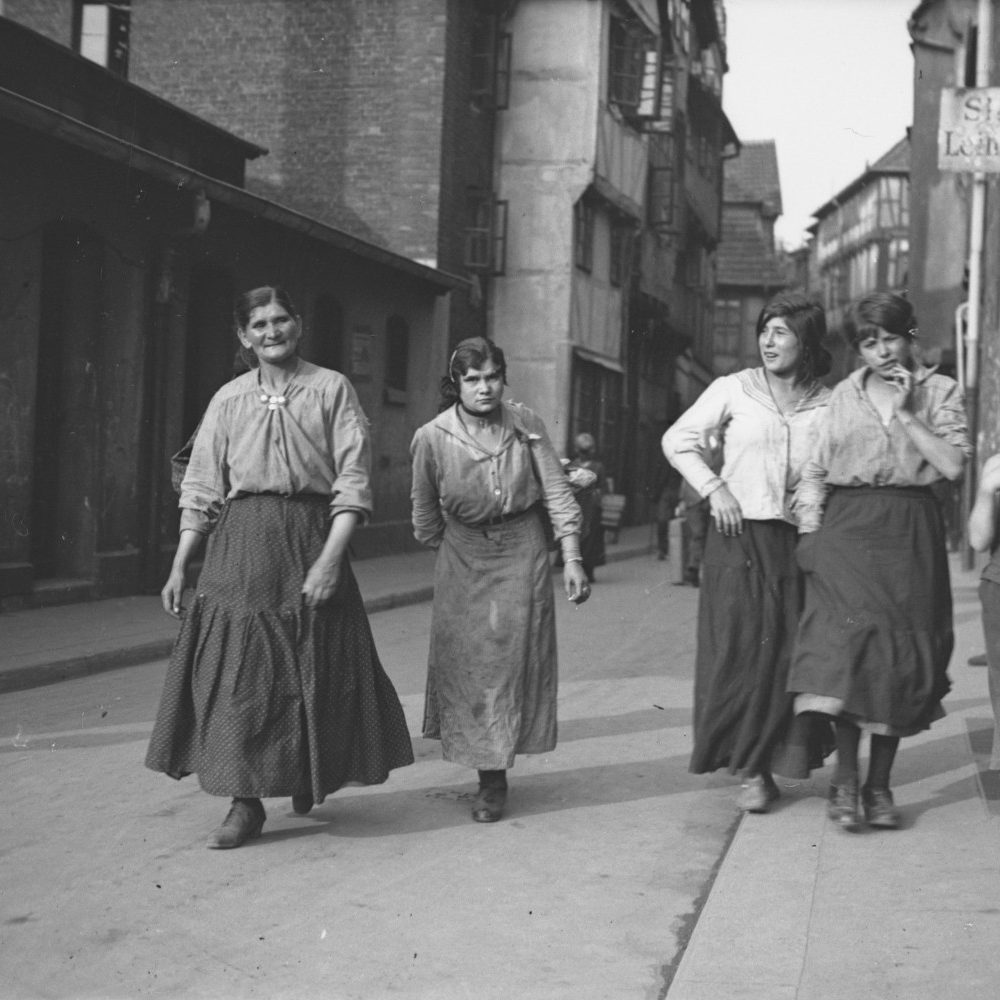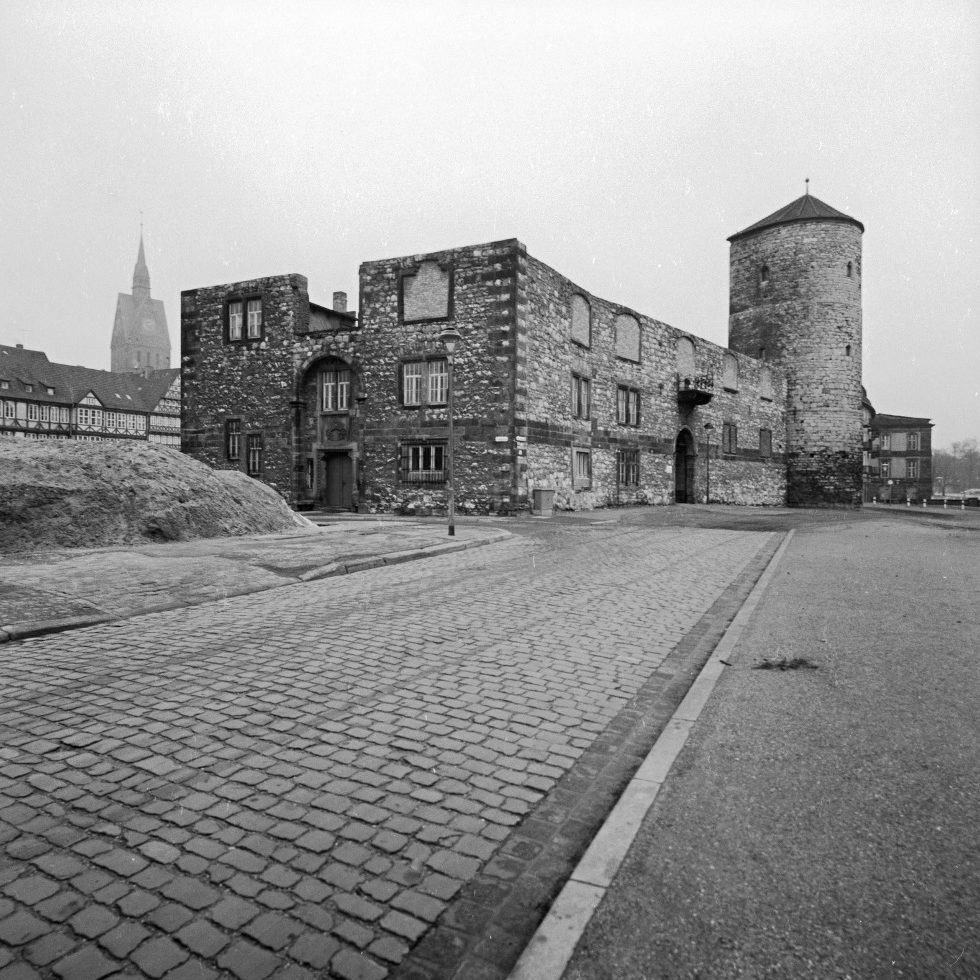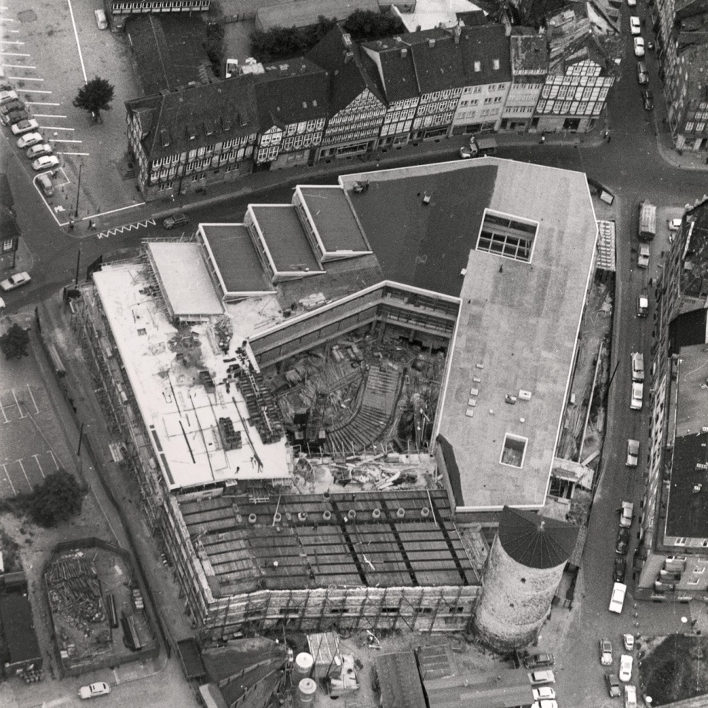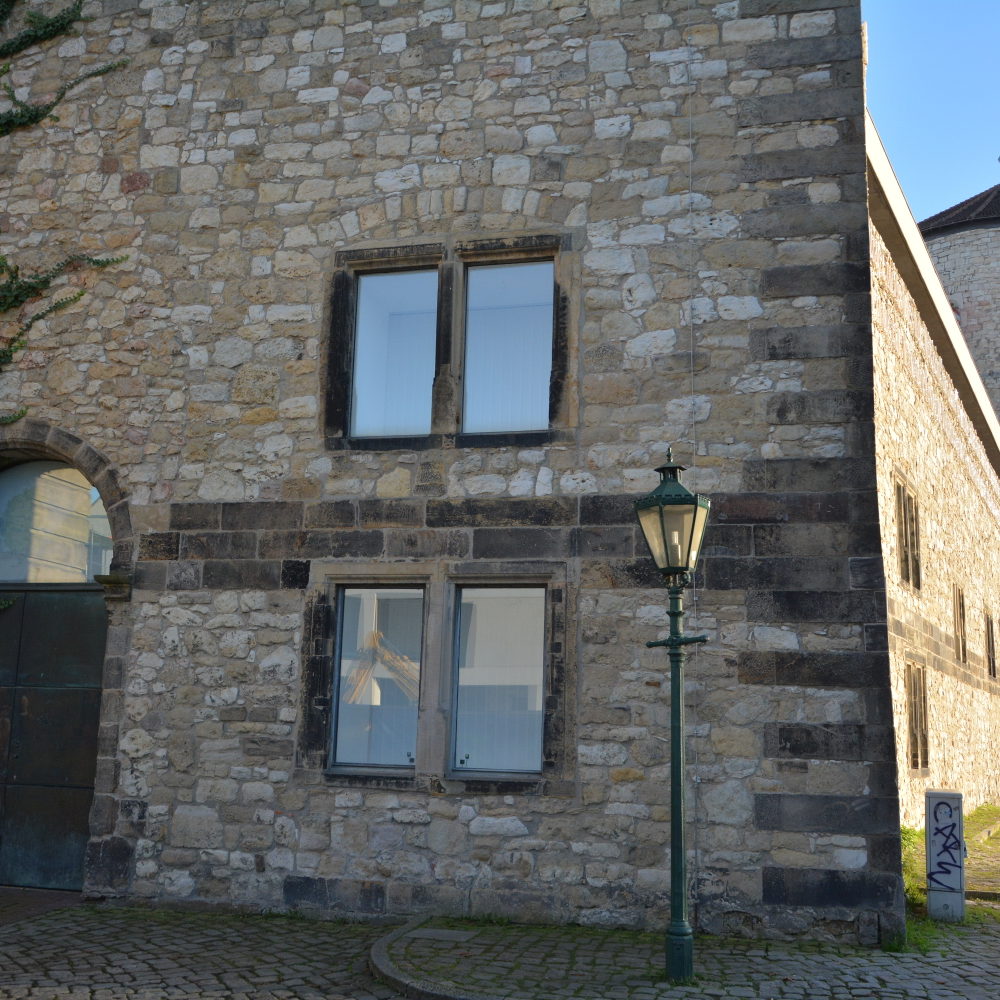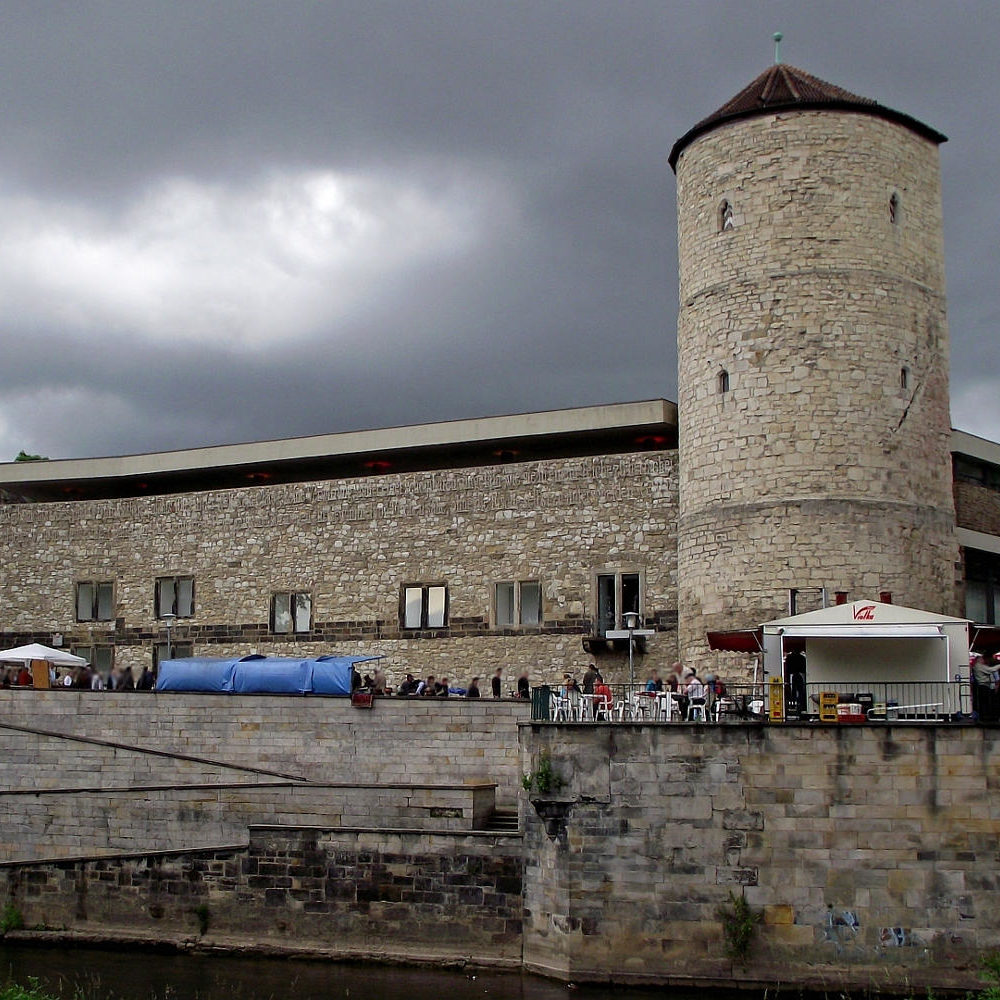The city authorities were also involved in robbing and marginalising the Jewish population. In the spring of 1939, the Jews in Hanover and the surrounding area were forced to bring all their valuables made of precious metal to the municipal Lending Office at Am Hohen Ufer. Today it is home to the Historical Museum of Hanover.
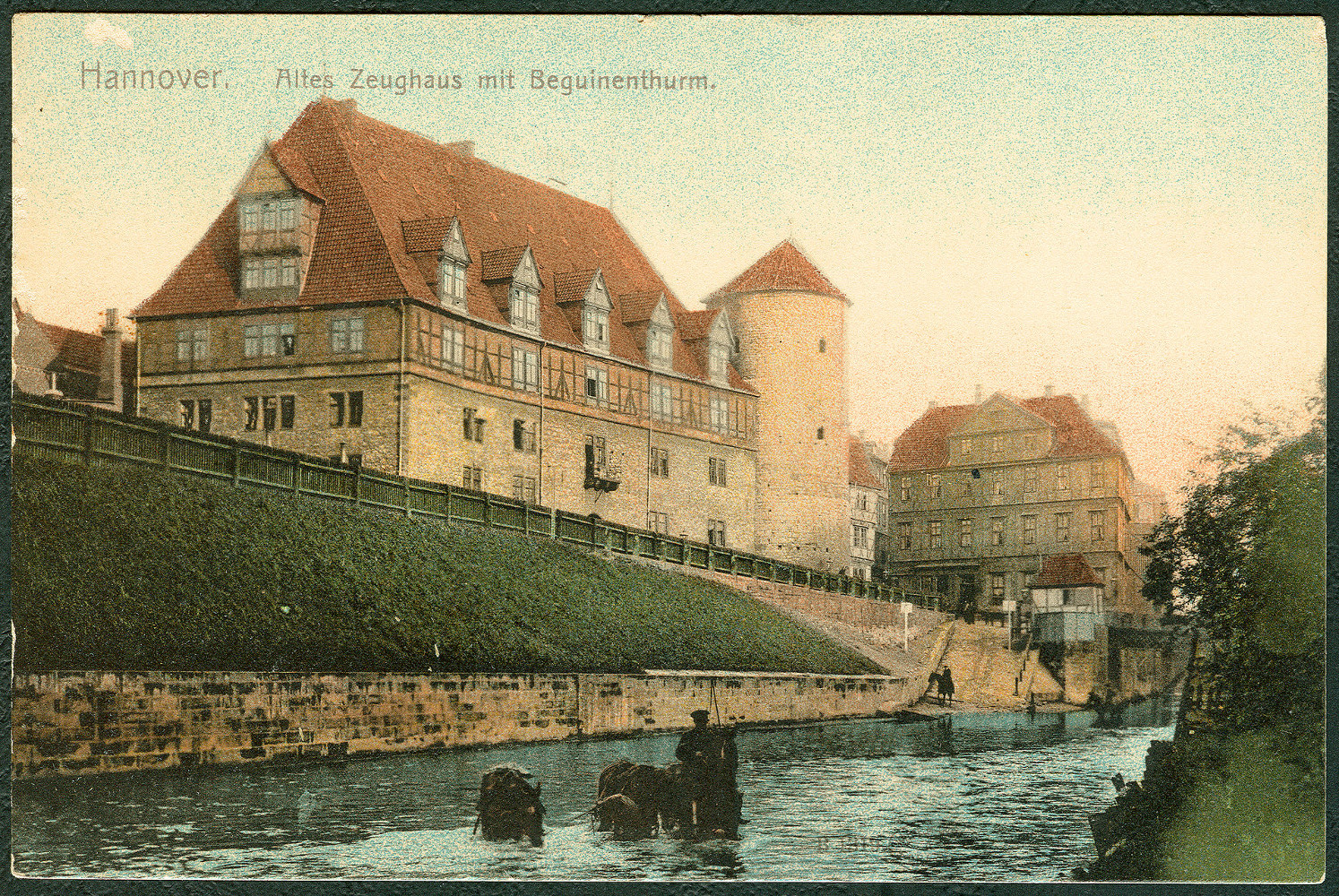
Ousted from working life
The ousting of Jews from German society after 1933 always follows the same set pattern: Actions of humiliation, destruction and open violence are followed by laws and decrees. These are designed to bestow a semblance of legality on the new level of ostracism.
This also happens after the November Pogrom in 1938. The unleashed fury of the militant devotees of the Nazi regime gorged themselves on violence: they torched synagogues, smashed homes and murdered Jews. Just two days after the excesses of the 9th and 10th November, the final removal of Jews from economic life is enacted at a meeting attended by over 100 Nazi party and government representatives at the Reich Aviation Ministry in Berlin: Jewish people are banned from running any businesses after the end of 1938. Henceforth, Jewish businesses are placed under the control of trustees. Jewish employees can be dismissed for no reason. Stocks and bonds have to be transferred to frozen accounts. An ‘atonement payment’, of one billion Reichsmarks is imposed on German Jews. It is levied by raising their income tax by 25%. These are just some examples of the many discriminatory measures.
Forced to hand in precious metals
The city authorities are complicit in the looting. A directive from February 1939 gives Jews two weeks to hand over all precious metals and items of jewellery in their possession to purchasing offices. The approximately 60 municipal pawn offices in the German Reich are charged with carrying out this task. The Hanover Lending Office is located behind the walls of the former Guelph armoury, built in the 17th century, on Am Hohen Ufer. Those surrendering their valuables are paid a tiny fraction of the material value, after the lending offices have deducted their administration fee. The pawnbrokers are allowed to buy any items below the payout value of 300 Reichsmarks themselves; these are then offered to local jewellers’ and goldsmiths’ guilds or auctioned off to the public. Works of art find their way to museums and collectors. Higher-priced items have to be handed in to a central office in Berlin.
As war moves ever closer and German supplies of raw materials start to look more and more dismal, metal items are increasingly sent for smelting. According to estimates, the lending offices send a total of 135 tonnes of silver and 1.3 tonnes of gold to the smelting furnaces. Jews are forced to prop up the German war armaments industry.
Expansion of the Hanover civic silver
Along with the State, others who profit from these measures are all the buyers, who benefit from the cheap prices, and all the art dealers and collectors, who get to acquire unique objects of value. And an entry that frequently crops up in the sales records of the pawnbroker’s office is: “Oberbürgermeister Hannover” [“Lord Mayor of Hanover”]. Oberbürgermeister Henricus Haltenhoff purchases at least 142 items to augment the civic silver collection. The silverware is thus used to symbolise and promote the City of Hanover.
If the monograms of the original owners prove distracting, these are removed by gold- and silversmiths and replaced by the city’s coat of arms. Thereafter, they can be used as gifts for Nazi VIPs to curry favour. Records reveal a multi-piece silver coffee service “Dedicated in veneration of Mr. Viktor Lutze, Senior President and SA Chief of Staff, on the occasion of his 50th birthday”. Deputy Gauleiter [regional leader] Schmalz, Reich Minister of the Interior Frick and many others also benefit from confiscated property that previously belonged to Jews.
Additional online information
Federal Agency for Civic Education Rüdiger Fleiter, Local Authorities and Nazi persecution policy [in German]
Wikipedia entry Henricus Haltenhoff [in German]
Further reading: Click here
Texts and images: Michael Pechel

